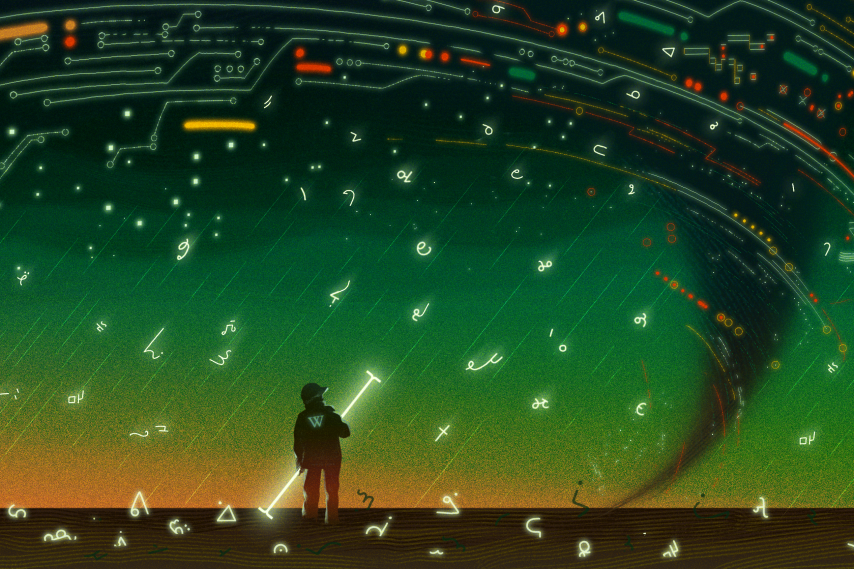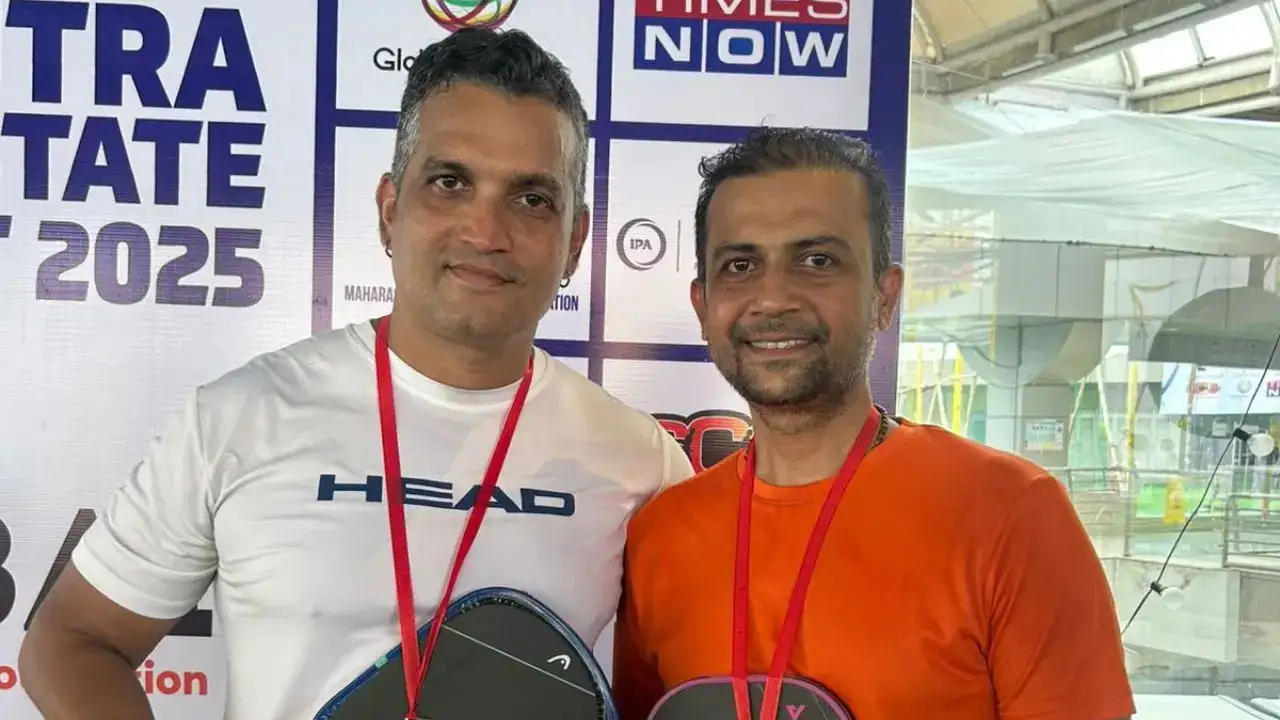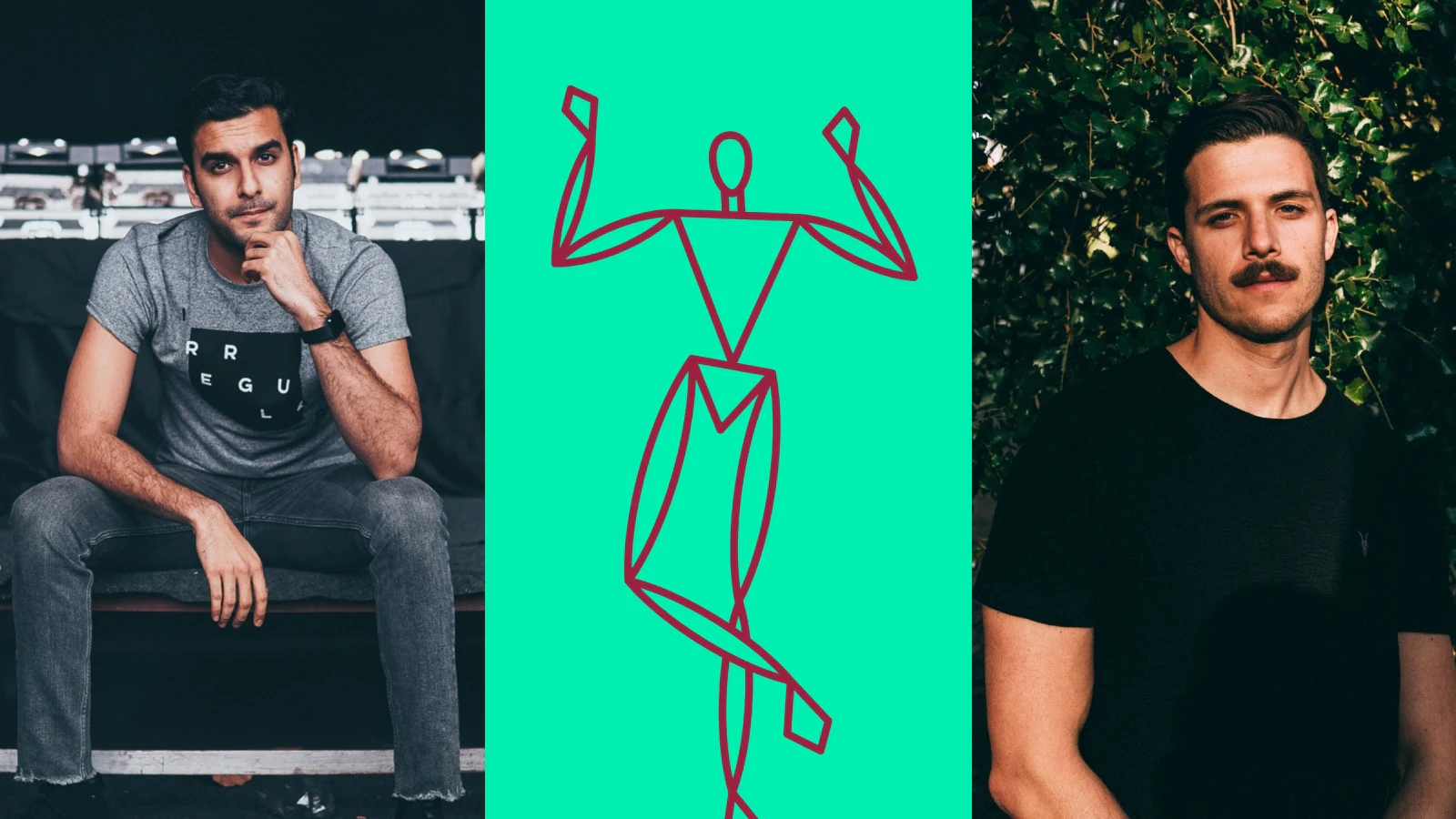Copyright technologyreview

“Totally, completely no future” Wikipedia is a project that is driven by wide-eyed optimism. Editing can be a thankless task, involving weeks spent bickering with faceless, pseudonymous people, but devotees put in hours of unpaid labor because of a commitment to a higher cause. It is this commitment that drives many of the regular small-language editors I spoke with. They all feared what would happen if garbage continued to appear on their pages. Abdulkadir Abdulkadir, a 26-year-old agricultural planner who spoke with me over a crackling phone call from a busy roadside in northern Nigeria, said that he spends three hours every day fiddling with entries in his native Fulfulde, a language used mainly by pastoralists and farmers across the Sahel. “But the work is too much,” he said. Abdulkadir sees an urgent need for the Fulfulde Wikipedia to work properly. He has been suggesting it as one of the few online resources for farmers in remote villages, potentially offering information on which seeds or crops might work best for their fields in a language they can understand. If you give them a machine-translated article, Abdulkadir told me, then it could “easily harm them,” as the information will probably not be translated correctly into Fulfulde. Google Translate, for instance, says the Fulfulde word for January means June, while ChatGPT says it’s August or September. The programs also suggest the Fulfulde word for “harvest” means “fever” or “well-being,” among other possibilities. Abdulkadir said he had recently been forced to correct an article about cowpeas, a foundational cash crop across much of Africa, after discovering that it was largely illegible. If someone wants to create pages on the Fulfulde Wikipedia, Abdulkadir said, they should be translated manually. Otherwise, “whoever will read your articles will [not] be able to get even basic knowledge,” he tells these Wikipedians. Nevertheless, he estimates that some 60% of articles are still uncorrected machine translations. Abdulkadir told me that unless something important changes with how AI systems learn and are deployed, then the outlook for Fulfulde looks bleak. “It is going to be terrible, honestly,” he said. “Totally, completely no future.” Across the country from Abdulkadir, Lucy Iwuala contributes to Wikipedia in Igbo, a language spoken by several million people in southeastern Nigeria. “The harm has already been done,” she told me, opening the two most recently created articles. Both had been automatically translated via Wikipedia’s Content Translate and contained so many mistakes that she said it would have given her a headache to continue reading them. “There are some terms that have not even been translated. They are still in English,” she pointed out. She recognized the username that had created the pages as a serial offender. “This one even includes letters that are not used in the Igbo language,” she said. Iwuala began regularly contributing to Wikipedia three years ago out of concern that Igbo was being displaced by English. It is a worry that is common to many who are active on smaller Wikipedia editions. “This is my culture. This is who I am,” she told me. “That is the essence of it all: to ensure that you are not erased.”



